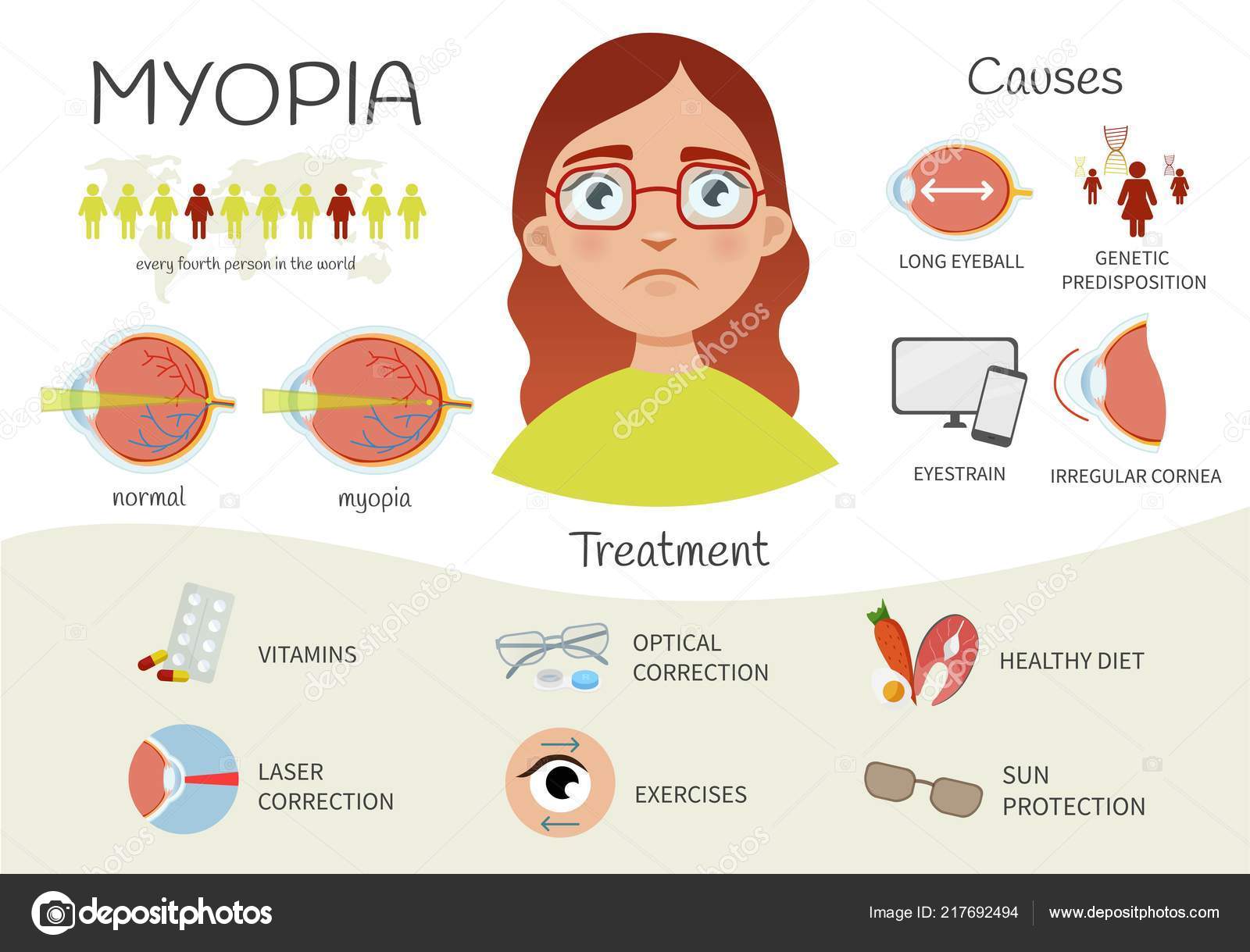The Ultimate FAQ On Refractive Lens Exchange: Every Little Thing You Required To Know
The Ultimate FAQ On Refractive Lens Exchange: Every Little Thing You Required To Know
Blog Article
Post Created By- Are Cataract Surgery Covered By Insurance
If you're taking into consideration refractive lens exchange, you probably have a great deal of inquiries. This procedure might change how you see the globe, providing advantages like lowered reliance on glasses. Nevertheless, it's vital to comprehend the process, threats, and that certifies as a good prospect. Allow's discover these essential elements so you can make an enlightened decision about whether RLE is right for you.
What Is Refractive Lens Exchange and Just How Does It Work?
Refractive lens exchange (RLE) is a procedure developed to change your eye's natural lens with an artificial one, dealing with vision concerns like nearsightedness, farsightedness, or presbyopia.
During the procedure, your cosmetic surgeon makes a tiny incision in the eye, eliminates your natural lens, and inserts an intraocular lens (IOL) customized to your vision needs. https://www.optometrytimes.com/view/30-years-lasik takes around 15 to half an hour per eye and is performed under neighborhood anesthesia.
You'll likely notice renovations in your vision almost instantly, though full recovery may take a couple of weeks. RLE is particularly useful for those over 40 or with high prescriptions, supplying a long-lasting remedy compared to glasses or get in touch with lenses.
Your eye treatment expert can assist establish if RLE is right for you.
What Are the Perks and Threats of Refractive Lens Exchange?
Choosing refractive lens exchange can bring about substantial enhancements in your vision, but it is very important to consider both the advantages and risks before choosing.
On the plus side, this procedure can improve your eyesight by dealing with problems like presbyopia, nearsightedness, and hyperopia. Numerous individuals take pleasure in reduced dependence on glasses or contact lenses, which can greatly enhance their lifestyle.
Nonetheless, it's critical to take into consideration prospective risks. Problems can consist of infection, glow, or halos around lights.
There's also a possibility of overcorrection or undercorrection, which may require added procedures.
That Is an Ideal Candidate for Refractive Lens Exchange?
If you're considering refractive lens exchange, it is essential to know whether you fit the profile of a perfect candidate. Normally, you might be a great candidate if you more than 40, experience presbyopia, or have high degrees of nearsightedness or farsightedness.
It's also crucial that your vision is steady, implying your prescription hasn't altered significantly in the past year. If you have cataracts or other eye problems, you may benefit from this procedure as well.
However, particular elements, like unchecked diabetic issues or autoimmune diseases, could invalidate you. To establish your candidacy, speak with an eye care professional that can evaluate your specific circumstance and recommend the best course of action tailored to your demands.
Final thought
In conclusion, refractive lens exchange can be a transformative option for boosting your vision, specifically if you're over 40 or have a high prescription. While the benefits are substantial, it's critical to consider the risks and talk to your eye care expert to determine if you're an optimal candidate. With the best information and guidance, you can make a notified decision and potentially delight in a life with minimized reliance on glasses.
